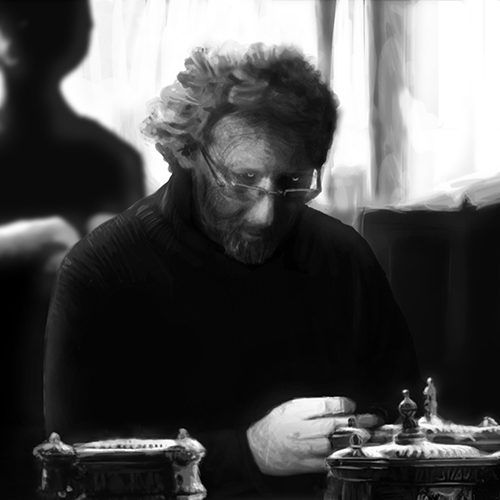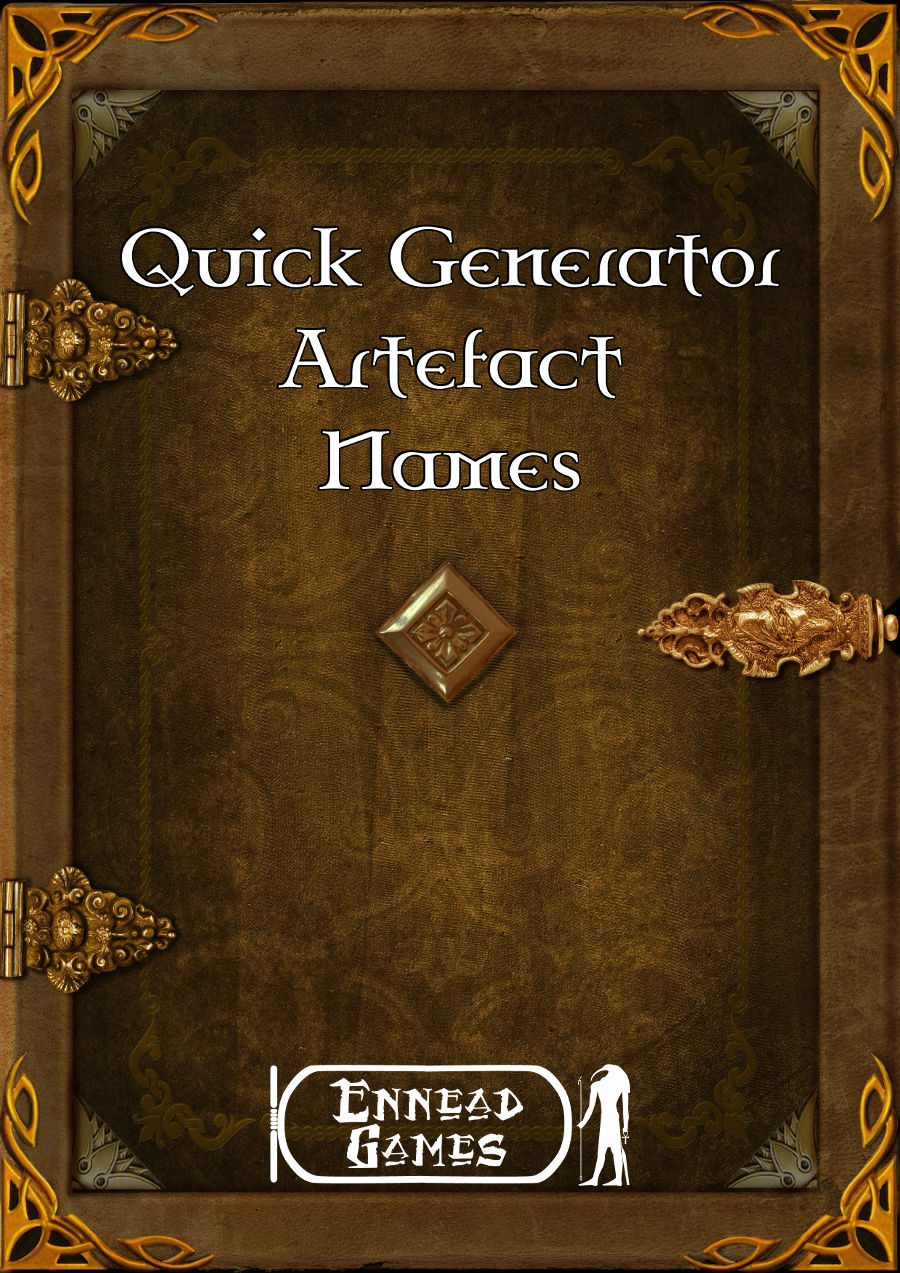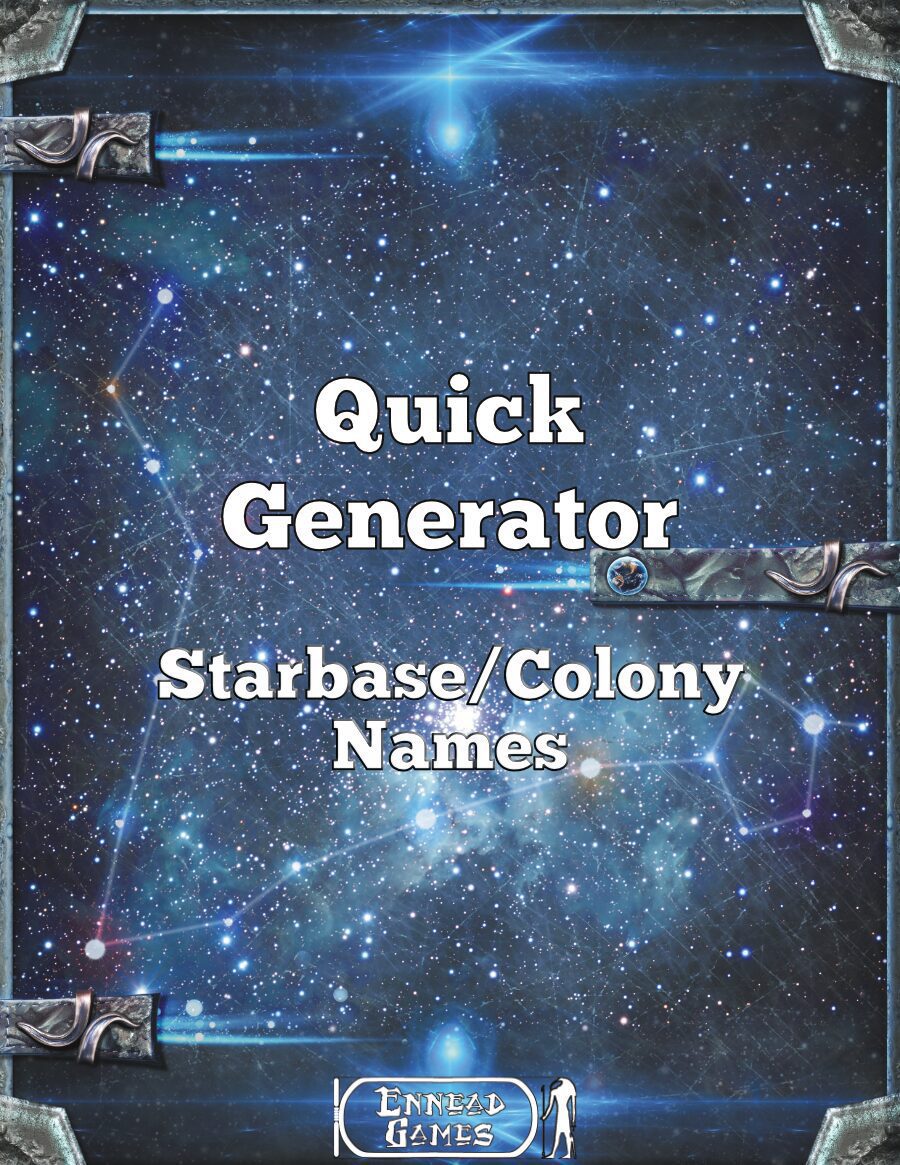
Phil Nicholls blogs at Tales of a GM, where he writes about narrative gaming, faster prep and more story. He is currently running a HeroQuest Glorantha campaign in a home-brew setting. Phil has written for Johnn Four’s Roleplaying Tips newsletter and has a selection of self-published pdfs.
This essay is taken from the archives at Tales of a GM. http://talesofagm.com/
Player Learning
As GMs, we usually have to teach the Players how to play our game. Thus, it is useful for us to have some understanding of how people learn.
Geek Dad
As a parent, I picked up Children’s Learning in Primary Schools: A Guide for Teaching Assistants by Mike Cowdrey, published by Routledge. I initially chose this book in the hope that it would help me teach my boys. As a parent to young children, I am very much aware how the home environment, and the engagement of the parents, has a significant impact upon the performance of the boys at school. Like any parent, I want my boys to do well, and I hoped that this book would help facilitate that.
This was a library book, and I literally stumbled upon it. I was looking for a place to sit in Norwich Millennium Library, and this book was just lying on a vacant table. This was too much of a coincidence for me, so I “had” to borrow the book and see what it could teach me. I am a great believer in serendipity, and here was a fine example of it. I had not gone into the library looking for a book on teaching, but here was one just waiting for me.
Breakdown of Learning
The part of the book I want to share with you is the overview of the different types of learning. Cowdrey breaks learning down into two broad categories; subject-based learning and transferable skills.
Subject-based Learning
This broad category of learning is further broken down into three headings;
- Acquiring facts and knowledge
- This is the basic learning of facts and figures, answering the “Who, What, Where and When” questions.
- Learning and developing skills
- Covering the ability to carry out tasks, such as tying a knot or playing a musical instrument. Here we learn the “How” of something.
- Understanding ideas and concepts
- Often considered the most important aspect of subject-based learning, this is the “Why” of a topic.
Transferable Skills
This broad category of learning is broken down into four headings;
- Personal and emotional skills
- This category covers broad, personal skills associated with well-being, such as self-esteem, ambition and perseverance.
- Social skills
- These skills refer to working within a group or society, and include turn-taking, empathy and co-operation.
- Learning and thinking skills
- Here we have the creative thinking and problem solving skills.
- Working skills
- The final category encompasses those skills involved with the execution of a task, so involve focus, attention and organisation.
Gaming and Learning
A GM has so many roles, and one of them is to teach the Players your game, both the rules mechanics and the nature of the setting. This is not always something covered by the rules books. A brief exploration of the categories of learning outlined above offer us a framework for thinking about the learning process, and which set of skills we are trying to teach the Players at any one time.
I will work through the categories of learning, and see what they can tell us about the process of learning to play an RPG.
Subject-based Game Learning
This broad category of learning is directed towards the specific game you are playing. Despite any similarity with a previous game, either rules or setting, a Player experiences this type of learning whenever they start a new game. Every GM runs a game differently through personal style or house rules. These processes need to be learnt, no matter how familiar a Player believes they are with the new game.
- Learning and developing skills
- Clearly, this style of learning refers to the rules of a RPG. Within a game, the rules explain the “How” of doing anything from combat to debating. Every Player needs to learn how the rules reflect the actions of their Hero.
- This category is listed second in the book, but I have moved it up the order as most teaching of an RPG begins with the rules.
- Acquiring facts and knowledge
- This category is applicable in two ways. First, there is the rules jargon to learn, the specific terms and labels that the rules uses for roleplaying conventions: hit points, wounds, health, endurance or life, etc. A Player needs to use the right terms to operate the rules properly, and is thus linked to the learning and developing skills above.
- The second application of this category is in reference to the setting, all those background facts, dates and personalities. This is very much the traditional “Who, What, Where and When” questions. Here, the learning of the game melds with the next category.
- Understanding ideas and concepts
- Once again, this style of learning has two applications within an RPG. Firstly, and linked to the previous category, the Player needs to understand the “Why” of background events. There is likely to be a reason, a story behind the history of the setting. For the Players to make the most of their game, these ideas need to be understood.
- The second set of ideas a Player must understand revolve around the style of game the GM is trying to run. As I recently discovered to my cost, having Players try to play counter to the GM’s style of gaming only causes frustration for everyone.
Transferable Game Skills
This second category of learning is applicable to each and every game in which a Player participates. These are the general roleplaying, or social abilities used in every game, and many other social situations besides.
- Personal and emotional skills
- This category of personal skills and traits are enhanced through the gaming experience, but unlikely to be taught directly by the GM.
- It is worth noting how these personal traits have a strong impact upon the style of play of an individual. This category of traits might evolve through a long game, but are broadly beyond the influence of a GM.
- Social skills
- As roleplaying is a group activity, this category of skills are paramount in a Player. While all games require turn-taking, the social nature of an RPG puts the focus upon these skills. Without co-operation, and a healthy dose of empathy, the group is likely to fall apart sooner or later.
- Learning and thinking skills
- If the previous category of abilities determined the success of the game as a game, then this category determines the Players’ success within the game. Problem solving within the game lead to the Heroes progressing through the story.
- Working skills
- A game with a strong tactical element, especially combat, favours Players with strong working skills. Broadly, this category of skill covers the ability of a Player to function within the rules, to follow the processes of an RPG and maximise the results of their actions.
- Finally, this category also has an impact on the length and intensity of a game session the Player can endure. In many ways, this is all about how well the Player performs from the GM’s viewpoint. When the Players are interacting with each other, then the Social skills are to the fore. For a Player to help the GM do their job, then it is these working skills are needed.
Conclusion
When we teach a new game to our Players, we apply subject-based learning. We should present information to the Players under each of the headings, showing them how the new rules work and teaching them about the new setting. As well as feeding them separate categories of information, we also need to combine the types of learning, to link them all up. This subject-based learning, teaching the Players about your set of rules and your setting are very much under your control.
However, the broader transferable game skills are not so open to our influence. This is the method of play the Player has learnt, and is based on a large part of their personality. Thus, if there is a part of a Player’s style of play which does not blend well with the rest of the group, then the Player is unlikely to change. Or at least, is unlikely to change soon. It would seem, therefore, that there is no easy solution for a Player who has learnt to roleplay in a manner which does not fit with the rest of the group
Does this model for learning match your experiences of teaching Players your game and your setting? Share your thoughts in the comments
Happy Gaming
Phil
For more essays from Phil, and updates about his latest campaign, visit Tales of a GM.



